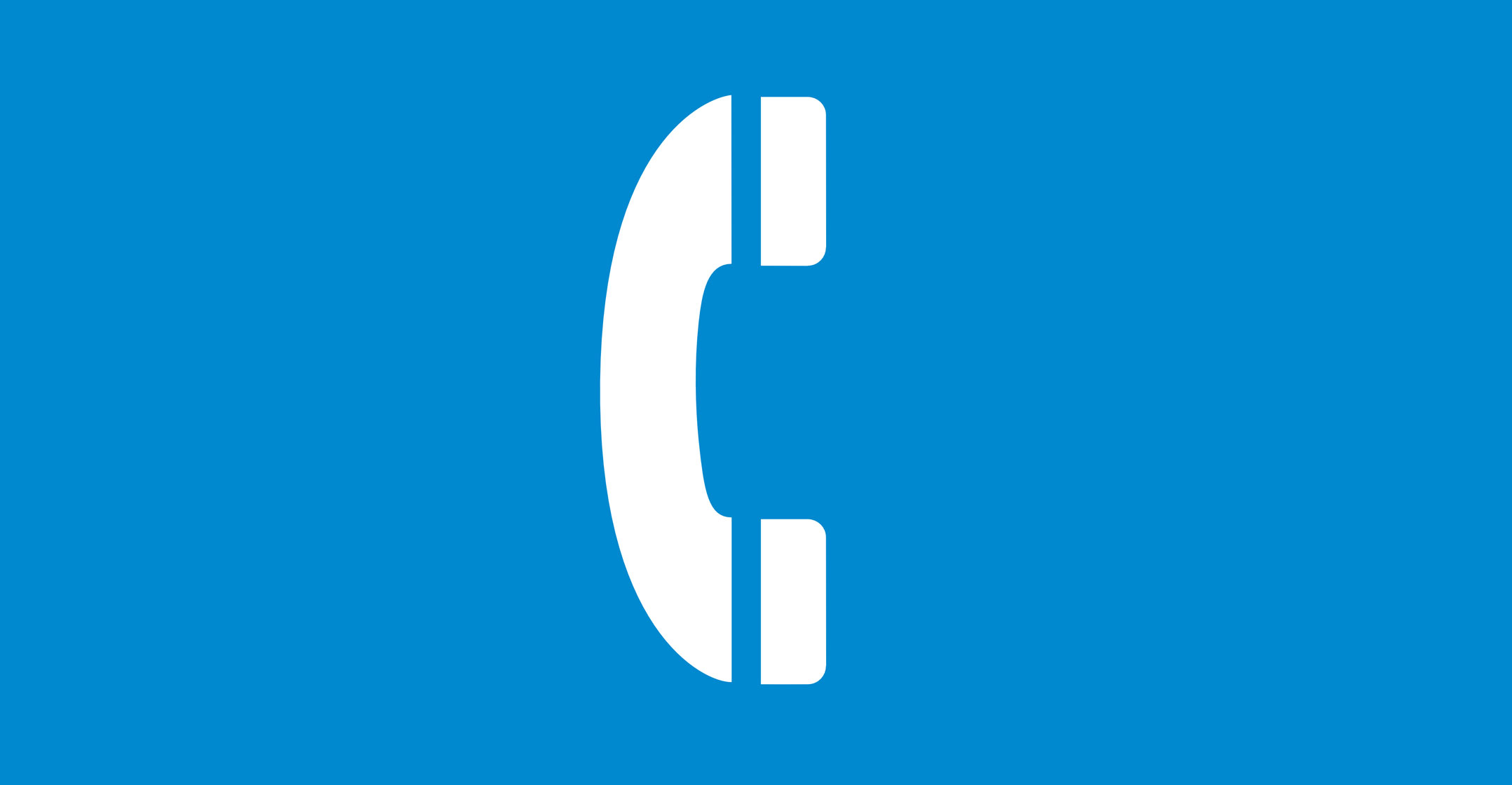 A month before communications regulator Icasa is due in court to defend itself against legal action over its new data-expiry rules, Telkom has begun to implement the regulations.
A month before communications regulator Icasa is due in court to defend itself against legal action over its new data-expiry rules, Telkom has begun to implement the regulations.
The company said on Friday it will implement the suspended end-user subscriber service charter, starting with the introduction of revised usage-depletion notifications and changing the default out-of-bundle billing on all its tariffs, effective Saturday, 20 October.
In a statement, Telkom’s executive for mobile products, Andrew Dawson, said this is the operator’s “first phase” of the implementation of the charter. In this phase, Telkom focused on clauses pertaining to usage threshold notifications for voice, SMS and data services as well as out-of-bundle data charges.
It has revised voice, SMS and data depletion notifications across all mobile products to align with the new requirements where messages are sent to customers at 50%, 80% and 100% thresholds.
“Telkom Mobile subscribers will now receive an SMS indicating the actual amount of voice, SMS or data bundle balances remaining at the relevant thresholds,” said Dawson.
“The revised SMS notifications will apply to all current and legacy voice and data contracts, as well as to ad hoc voice, SMS and data bundles which customers may have purchased.” he said.
Telkom already complies partially to a clause in the regulations that states that “a licensee must ensure that an end-user is not defaulted onto out-of-bundle data charges upon depletion of data bundles”. To comply fully, Telkom will implement changes to its FreeMe mobile plans where subscribers automatically go out of bundle once their inclusive data has been depleted.
Bill shock
FreeMe customers will now be redirected to an out-of-bundle page once their data has been depleted, where they can select an appropriate option based on their needs, Telkom said. This means that no Telkom mobile customer will automatically go out-of-bundle on any mobile plan in future, thus reducing any bill shock for customers.
Telkom said it preparing to implement the second phase of changes, which will cover the remaining requirements of the charter. It expects to have fully implemented the charter, based on its interpretation of it, by the end of 2018.
The high court is expected to hear an application from Cell C and MTN next month over implementation of the new rules. The two operators contend they were not given sufficient time to make the necessary changes to their systems to comply with the new rules.
Icasa introduced the regulations in an effort to protect consumers from unfair practices by the mobile operators, including the risk of bill shock related to out-of-bundle data use. — © 2018 NewsCentral Media




